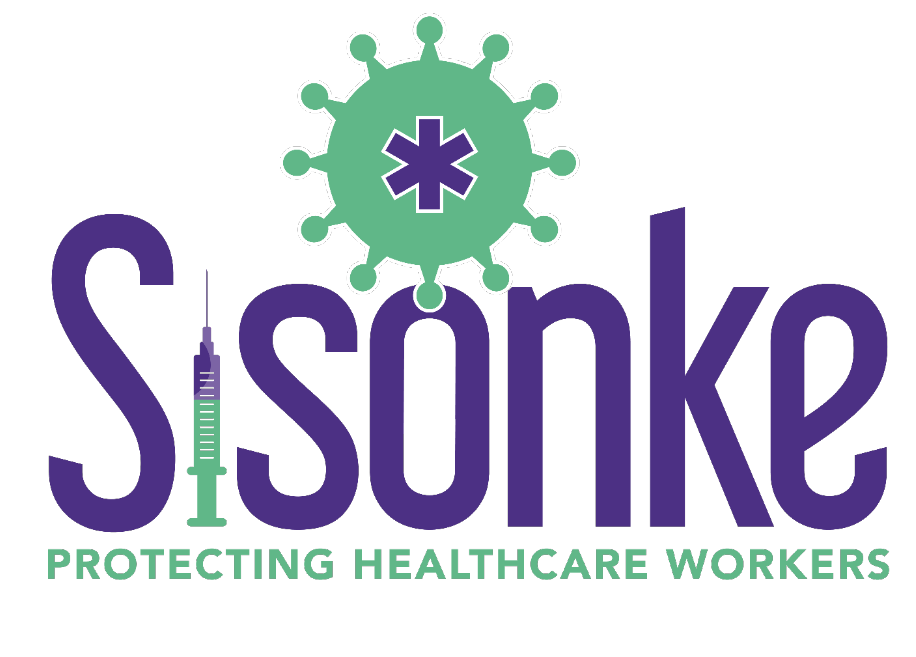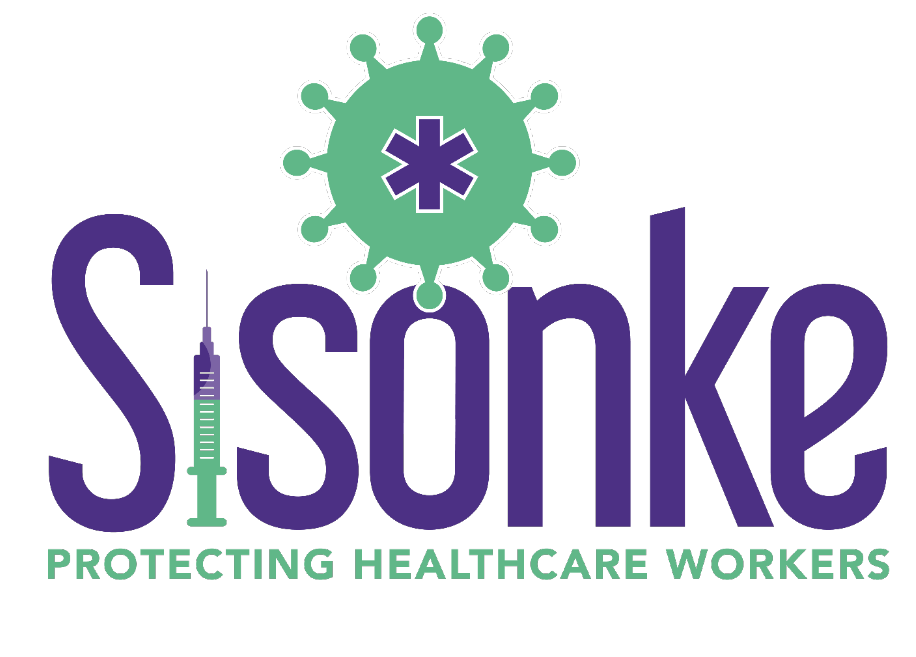Sisonke study successfully vaccinates more than 250 000 health workers before the third wave
 Cape Town | Yesterday the Sisonke study reached 251 707 health workers marking its halfway point as it continues to move forward towards its target of vaccinating half a million of the country’s health workers. This unique effort, spearheaded by the South African Medical Research Council in partnership with the National Department of Health, Desmond Tutu Health Foundation, CAPRISA, Janssen and Johnson & Johnson, has used research to bridge the delay posed by the need to reconsider first-line vaccine choice in the context of the 501Y.V2 variant dominant in South Africa. It has provided government with the opportunity to commence Phase 1 vaccination of the country’s health workers under study conditions to protect them ahead of the third wave, and in turn to protect the health system so that it is in robust position to respond to the surge expected in the coming months. We welcome the news by President Ramaphosa last night on the securing of an additional 31 million doses of the JnJ vaccine in addition to the 20 million doses of the Pfizer vaccine, and the plans to complete health worker vaccination in the coming weeks and commence with extension of vaccination to the people of South Africa most vulnerable to severe COVID-19 from mid-May.
Cape Town | Yesterday the Sisonke study reached 251 707 health workers marking its halfway point as it continues to move forward towards its target of vaccinating half a million of the country’s health workers. This unique effort, spearheaded by the South African Medical Research Council in partnership with the National Department of Health, Desmond Tutu Health Foundation, CAPRISA, Janssen and Johnson & Johnson, has used research to bridge the delay posed by the need to reconsider first-line vaccine choice in the context of the 501Y.V2 variant dominant in South Africa. It has provided government with the opportunity to commence Phase 1 vaccination of the country’s health workers under study conditions to protect them ahead of the third wave, and in turn to protect the health system so that it is in robust position to respond to the surge expected in the coming months. We welcome the news by President Ramaphosa last night on the securing of an additional 31 million doses of the JnJ vaccine in addition to the 20 million doses of the Pfizer vaccine, and the plans to complete health worker vaccination in the coming weeks and commence with extension of vaccination to the people of South Africa most vulnerable to severe COVID-19 from mid-May.
Reach of the Sisonke study: The Sisonke study commenced on the 17th of February in 18 sites in urban areas. Since then it has expanded well beyond urban centres reaching 85 sites across the country, with research staff spending many hours on the road to ensure the vaccine is distributed as equitably as is possible. Staff from remote health centres have travelled to vaccination centres around the country, and remote mobile services are providing vaccine to health workers in some of our most geographically challenged areas like Namakwa in the Northern Cape, and small towns across Limpopo and Mpumalanga.
Arrival of more doses: A tranche of 200 000 doses is expected next week, and research teams and provincial health partners are gearing up to deliver these as speedily as possible, including a larger focus on provision to those areas which have not yet been covered. With sufficient supply, Sisonke has been able to provide as many as 13 538 vaccines per day, with many vaccination centres operating extended hours and services on weekends. Sisonke continues to work with the private sector and groups like the Rural Doctors’ Association of South Africa to ensure as many patient-facing health workers are vaccinated regardless of where they work. “We are committed to serving our rural colleagues. The cold chain requirements of the JnJ vaccine are such that it means we can transport these safely outside of major urban centres. Our intention is to do exactly that as the Pfizer vaccines become available through Provincially-led rollout efforts” says SAMRC President and CEO Professor Gray who leads the study as Principal Investigator.
Pioneering systems for the National Vaccination Programme: Sisonke has tested and refined the many systems needed to ensure the scale-up of COVID-19 vaccinations throughout South Africa over the coming months. These have included the National Department’s Electronic Vaccination Data System, through which health workers have registered for the vaccine, received information regarding the vaccine, appointments, links to the Safety Desk and confirmation of their vaccination. Sisonke has also helped establish standards for cold chain storage and distribution, secure storage of vaccine, preparation and administration of doses and mechanisms for safety and effectiveness monitoring. “These resources and lessons learnt will significantly strengthen Government’s plans to scale up the National Vaccination Programme to 41 million people” says Professor Linda Gail Bekker, the Co-Lead of the study.
Recognition of research and health department and private sector staff: Sisonke has fulfilled its aspiration to bring together researchers, service providers, Departments of Health and the private sector to act swiftly to protect so many heath workers ahead of the third wave. We have witnessed unprecedented co-operation and collaboration between all stakeholders. Such partnerships between government, business, labour and civil society were recognised by President Ramaphosa last night as critical to navigating our way through the pandemic and to realising the full potential of a National Vaccination Programme. Both Gray and Bekker play tribute to the teams: “We wish to honour and pay tribute to the scores of researchers, managers and clinicians who have given selflessly of their time, worked long days, nights and weekends to ensure that the Sisonke Study got underway”. We know that many more months of hard work lie ahead but wish them some respite over the coming days as we mark Easter, Pesach and the start of Ramadan.
NOTE TO THE EDITOR:
About the Sisonke Study:
The Sisonke study is a collaboration between the National Department of Health, South African Medical Research Council, Desmond Tutu Health Foundation, CAPRISA, Janssen and Johnson & Johnson. This open label, single-arm Phase 3b vaccine clinical trial of the investigational single-dose Janssen COVID-19 vaccine candidate aims to monitor the effectiveness of the investigational single-dose Janssen vaccine candidate at preventing severe COVID-19, hospitalizations and deaths among healthcare workers as compared to the general unvaccinated population in South Africa.

